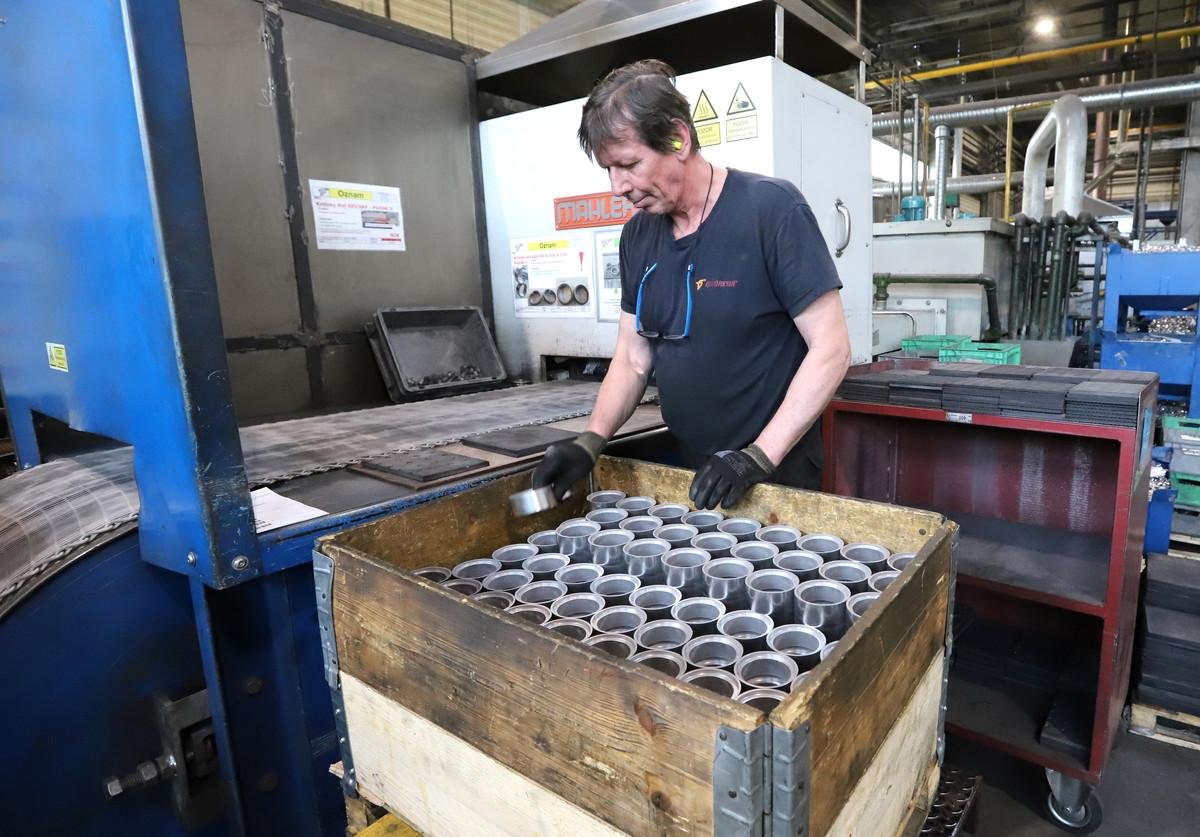The cost of employing a worker in Slovakia has risen by 14 percent over the past six years, even though no wage increase occurred. The Institute of Economic and Social Studies (INESS) attributes this increase to government-imposed obligations such as sports vouchers, as well as rising social contributions.
“Politicians are very productive when it comes to increasing someone else’s costs,” INESS commented in a recent press release. “They are eager to make employers fund social measures that don’t appear in the state budget deficit.”
The real cost per employee includes more than just gross salary and mandatory social and health insurance contributions. Employers must also account for meal vouchers, holiday and sports vouchers, sick leave, and paid holidays – all of which add up, even if the employee’s nominal wage remains unchanged.

One of the key factors driving up costs is the introduction of compulsory sports vouchers as of January 1, 2025. They can cost employers up to €275 annually if they have more than 49 employees.
To highlight these growing expenses, INESS has published an updated 2025 version of its wage cost calculator, designed to show the total cost per hour actually worked.
In the case of a model employee in the industrial sector earning a gross monthly wage of €1,765, the cost to the employer per hour worked will rise from €21.05 in 2024 to €21.56 in 2025. On a monthly basis, that means an increase from €3,663 to €3,751 – a jump of 14 percent compared to 2019, when INESS first launched the tool.
The think tank stresses that these rising costs are not always transparent to the public and can distort international comparisons of labour costs. Slovakia’s inclusion of vouchers and other indirect costs makes it difficult to accurately benchmark its employment expenses against neighbouring countries that lack similar mandates.



 The cost of employing a worker in Slovakia has risen by 14 percent over the past six years. (source: Ján Krošlák)
The cost of employing a worker in Slovakia has risen by 14 percent over the past six years. (source: Ján Krošlák)